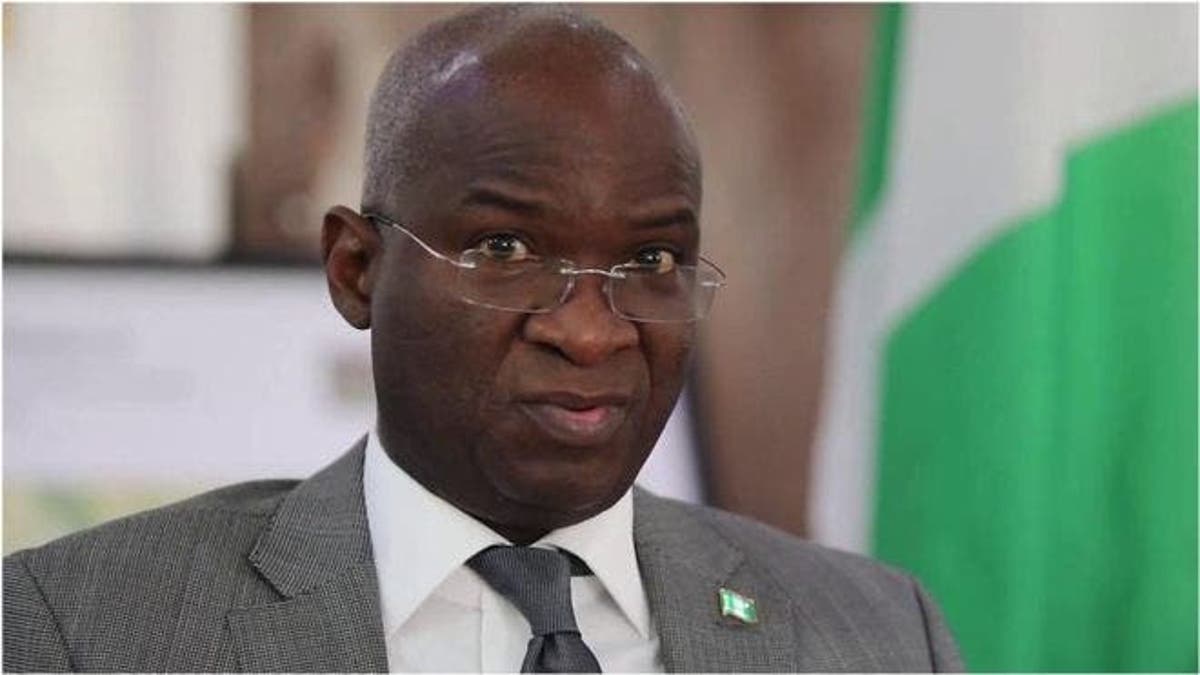The Minister of Works and Housing, Babatunde Fashola, has said that State Governments could apply on behalf of their residents and indigenes for the houses currently being subscribed to from the National Housing Programme (NHP) across 34 States of the country.
According to the Special Adviser to the Minister on Communications, Hakeem Bello, this was made known by Fashola while speaking at the Executive Session of the 11th Meeting of the National Council on Lands, Housing and Urban Development, which took place in Sokoto.
Fashola at the 5-day event with the theme, “Housing our People By All of Government and All Our People”, explained that the State Governments could apply to fund the acquisition of parts of the NHP constructed in their States should they desire to do so adding that after the acquisition, the State governments could then allocate to interested residents and indigenes.
What the Minister of Works and Housing is saying
Fashola said, “Let me use this platform to inform the meeting that State Governments can apply on behalf of their residents or indigenes to fund the acquisition of parts of the National Housing Programmes constructed in the states should they be so desirous.’’
Expressing delight that the National Housing Programme that was initiated by the Ministry under the Muhammadu Buhari administration is now delivering on its objective, the Minister added that apart from stimulating the economies of the 34 states and the Federal Capital Territory in the communities where work is being undertaken, the construction sites have become and remain centres of supply for building materials and other commodities.
Minister reports increased private sector participation in the housing sector
Fashola pointed out that whatever the Federal and State governments’ participation in housing construction was limited compared to what the private sector could do, adding that the evidence out there showed very clearly that the bulk of housing in society and across the world was delivered by the private sector consisting of individuals and corporate bodies.
He said, “In this regard, I am happy to report a visible increase in the participation of the private sector in Nigeria’s housing sector”, he said adding that the evidence of the development of estates across the nation could be seen, read and heard on the many media platforms in the country. “This is most welcome and must be encouraged.’’
On the theme of this year’s meeting, Fashola, who said the message emphasized the need for the collaboration of all levels of government and the private sector in housing delivery, declared, “From what I have said so far about what the Federal Government is doing, what the states are doing and what the private sector is doing, the Nigerian housing sector is heading in the right direction even if there is more work to be done.’’
What you should know
- Nigeria has been bedevilled by a housing crisis that has left Africa’s most populous nation ill-equipped to properly provide accommodation for its citizens and inhabitants.
- Some of the housing problems in the country include unresolved rent tenure arrangements, high cost of building materials, access to infrastructure, deficiency of housing finance arrangements, stringent loan conditions from mortgage banks, time to process legal documents and inadequate government housing policies.
- The NHF is a scheme created by the Federal Government for Nigerian workers, to help them access flexible financing to get their own homes. The scheme was established by the NHF Act of 1992 and is administered by the Federal Mortgage Bank of Nigeria (FMBN).
- With NHF, Nigerians can access a single-digit low interest-housing loan and utilise it for the purchase, construction, renovation or expansion of their residential buildings. It is a statutory contribution that stipulates that all Nigerians earning the minimum national wage and above, should contribute 2.5% of their basic monthly salary to the fund

